
views
What is Narcissistic Personality Disorder (NPD)?

NPD is a personality disorder characterized by a lack of empathy and an inflated ego. People with Narcissistic Personality Disorder may struggle to understand the feelings of others and may ascribe an unreasonably high value to their own importance. Their inflated sense of self is actually due to a severely low sense of their worth, which causes them to crave constant attention and admiration. People with NPD often mask their self-doubt with bravado and confidence, but underneath they’re typically extremely uncertain of themselves. Risk factors for NPD may include depression, anxiety, eating disorders, other mental disorders, physical health problems, drug or alcohol abuse, problems in the sufferer’s relationships and work or school, or suicidal thoughts.
Symptoms of NPD

An inflated ego Because they struggle with such a low sense of self-worth, people with NPD often act as if they are more important than others and desire regular attention. They may come across as arrogant and conceited. They may also expect favors and feel as if they are entitled to special treatment, and they may become upset if they don’t receive it.
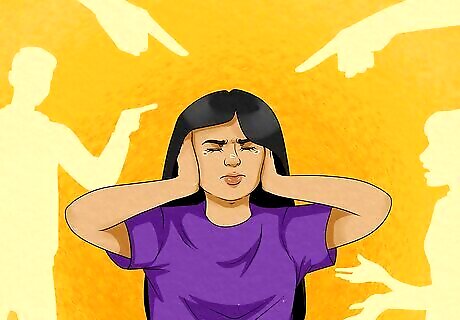
Resistance to criticism Because people with NPD struggle deep down with their sense of self, they may be extremely resistant to any sort of critique (or perceived critique) of their behavior, even valid, respectful critique. This can make it hard to get an apology from a narcissistic person after they’ve made a mistake.
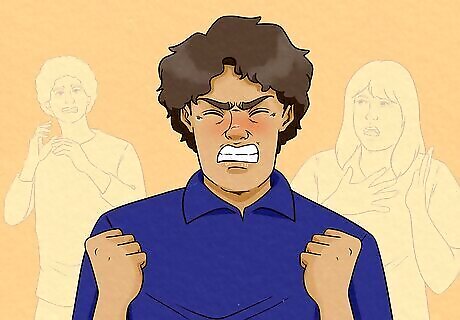
Difficulty managing emotions People who struggle with NPD may have a hard time managing their emotions and may lash out seemingly over nothing. Their deep-seated feelings of insecurity, shame, humiliation, and imperfection may cause their behavior to be erratic and unexpected.
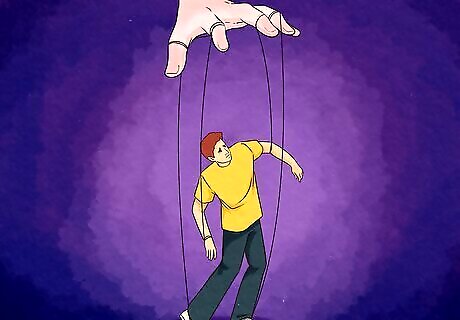
A need for control People with NPD often feel the need to control events and may become overwhelmed or angry if they lose control. Not everyone with NPD is abusive, but the desire for control people with NPD tend to experience may make them more likely to be manipulative than people who don’t suffer from NPD.

A need for constant admiration People with NPD may struggle to know who they are without outside validation, so they may crave constant attention and recognition for their achievements. This may even extend to recognition they don’t actually deserve—a common symptom of NPD is feeling entitled to praise without having earned it, or even feeling entitled to praise for someone else’s achievements. People with NPD may also become envious when others succeed; they may also believe others are envious of them.

Delusions of grandeur People with NPD may believe they’re destined for more or that they deserve more than they have. They may act superior to others and believe they can only be understood by people who are “special” like them. Alternatively, they may look down on people they consider “beneath them.”
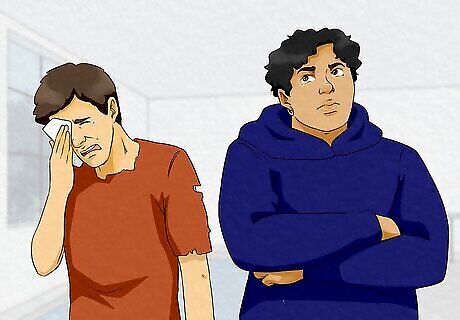
A lack of empathy People with NPD often struggle to understand where other people are coming from and may prioritize their own feelings and needs over the feelings and needs of others. People with NPD may learn to feel empathy, but it’s typically much harder for them than for someone who doesn’t have NPD.
Causes of NPD
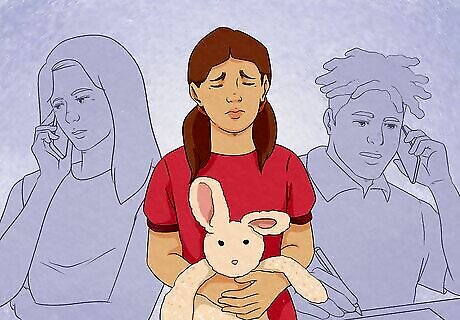
Environmental It’s unknown precisely what causes narcissism, but some experts suspect that it may stem from one’s childhood environment. If a person experienced either too much or too little attention from their caregivers in their formative years, this may instill them with some narcissistic traits as they grow up.

Genetics It is theorized that narcissism may be genetic: if someone’s parents or other family members suffer from NPD, that person may be more likely to as well.
Different Types of NPD

Grandiose Grandiose narcissism is the most commonly recognized type of NPD. Grandiose narcissists may appear exceptionally charming, vain, and entitled. They may be prominent members of their community. Grandiose narcissists may have a proclivity for lying to get what they want and may become antagonistic if they do not.

Covert/Vulnerable Covert narcissism is characterized by passive-aggressiveness and extreme sensitivity to criticism. They may struggle with low self-esteem compared to grandiose and malignant narcissists and may be prone to contempt of others. Covert narcissists may be more likely to project their feelings onto others than other types of narcissists. Their hypersensitivity and contempt may result from perceived hostility and criticism from others. They may feel “misunderstood” and as if other people are against them, which may make them more hostile towards others.
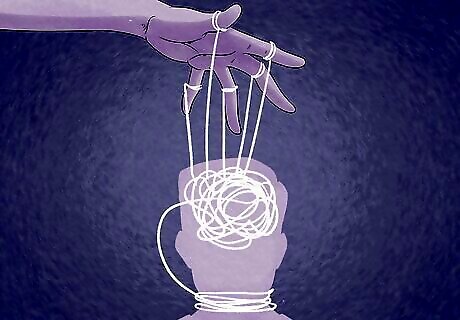
Malignant The malignant narcissist is often considered the most Machiavellian type of narcissist. People with this type of narcissism may be prone to entitlement and arrogance, like the grandiose narcissist, but they may experience more selfishness and manipulativeness and they may be more likely to lack remorse for wrongdoings.
How to Deal with Someone with NPD
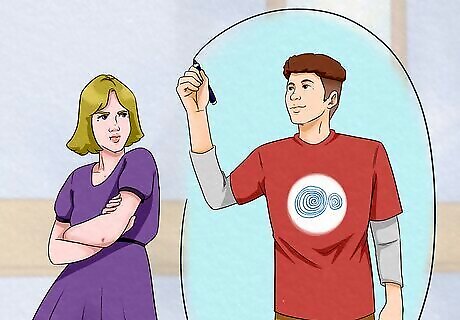
Set and enforce strict boundaries. People with NPD may struggle to empathize with other people’s feelings and they may feel entitled to your attention or special treatment. Therefore, it’s imperative that you clearly communicate your boundaries and enforce them. For instance, if they tend to yell when they get upset, try saying, “I won’t tolerate you yelling. If this happens again, I’m going to leave the room.” Be sure to not only communicate your boundaries but to enforce them. Otherwise, they may continue to cross them.
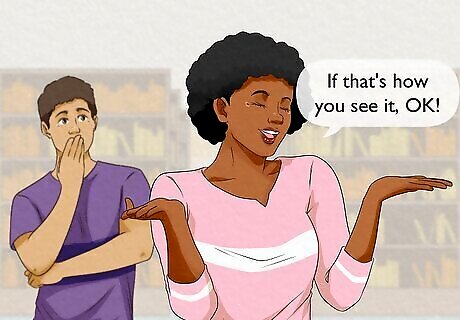
Try not to take their behavior personally. Remember that people with NPD have a mental disorder, one that is difficult for them to manage and which largely has nothing—if anything—to do with you. It can be hard to deal with a narcissistic person if they’re manipulative, show-offy, or dismissive of you, but remember it’s not personal, and it has more to do with how they see themselves than how they see you.
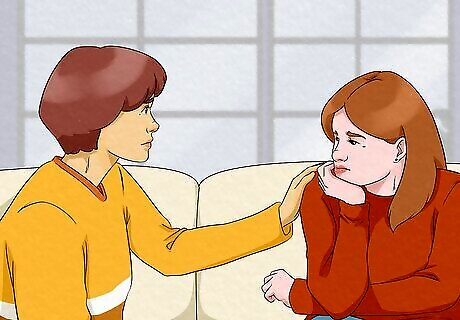
Seek external support. Spending time with a narcissistic person can be mentally and emotionally draining, and maybe even disorienting. It’s important to have a healthy network of friends aside from the narcissistic person. If this person is someone you’re close to or who you must see often—like a parent or a partner—it may also help to seek individual therapy.

End the relationship if necessary. While it’s possible to have a healthy relationship with someone with NPD, if it becomes too taxing on your mental health or if they refuse to treat you with respect, it may be worth it to distance yourself from them. This may mean going low-contact—for instance, if this person is your father, you may resort to only seeing him for major holidays and otherwise keeping your distance. Or it could mean cutting them off completely. For instance, if your partner has NPD and refuses to manage their behavior, you may opt to break up and block their number. It can be hard to cut off someone with NPD, especially if you care about them. But if they’re in any way abusive, it will be safer in the long run.
What to Do if You Think You Have NPD

Consider seeing a therapist. If you believe you may have Narcissistic Personality Disorder, speaking with a licensed therapist may help. They'll be able to officially diagnose you, as well as help you uncover the potential causes behind your NPD and how to manage it. If you’re worried you have NPD, there’s a good chance you don’t have it, as people with NPD tend to not be concerned with whether they have this disorder and are unlikely to seek treatment for their behavior. However, someone with clinical NPD may seek treatment if they realize their behavior is negatively affecting their life. A therapist may also recommend medication to help you manage your symptoms.



















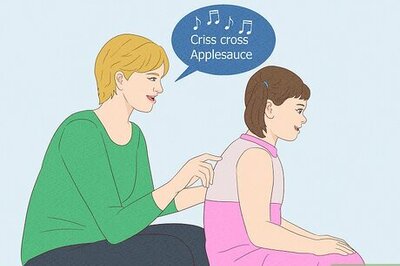
Comments
0 comment